- Replies 208
- Views 22.9k
- Created
- Last Reply
Top Posters In This Topic
-
 Mopar1973Man 33 posts
Mopar1973Man 33 posts -
 AH64ID 31 posts
AH64ID 31 posts -
 dripley 22 posts
dripley 22 posts -
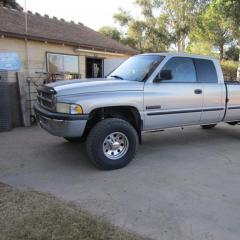 GSP7 15 posts
GSP7 15 posts
Most Popular Posts
-
I will ALWAYS pre-fill an oil filter if possible. Been doing this for decades and will continue to do so too. The whole "you can pour something into the filter by accident and it will get into the o
-
Very interesting discussion gentlemen. It is good to see two folks of differing opinions have a sane discussion. Now if we could just get congress the learn that ability they they might be able to get
-
I've been trying to live by a new creed after 65 years and 44 years of marriage. I stopped explaining myself when I realize other people only understand from their level of perception, not


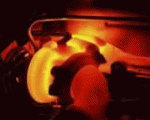

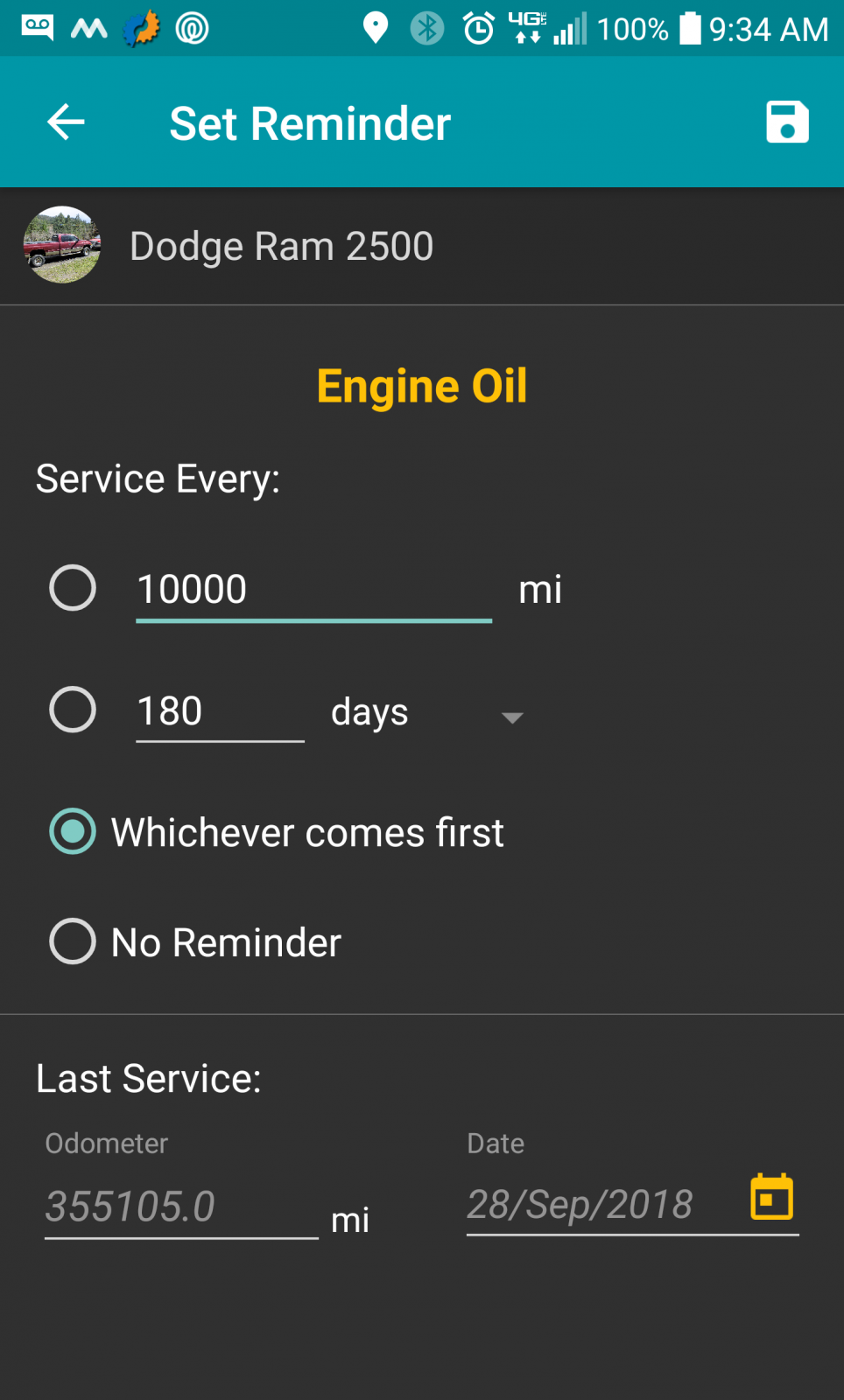
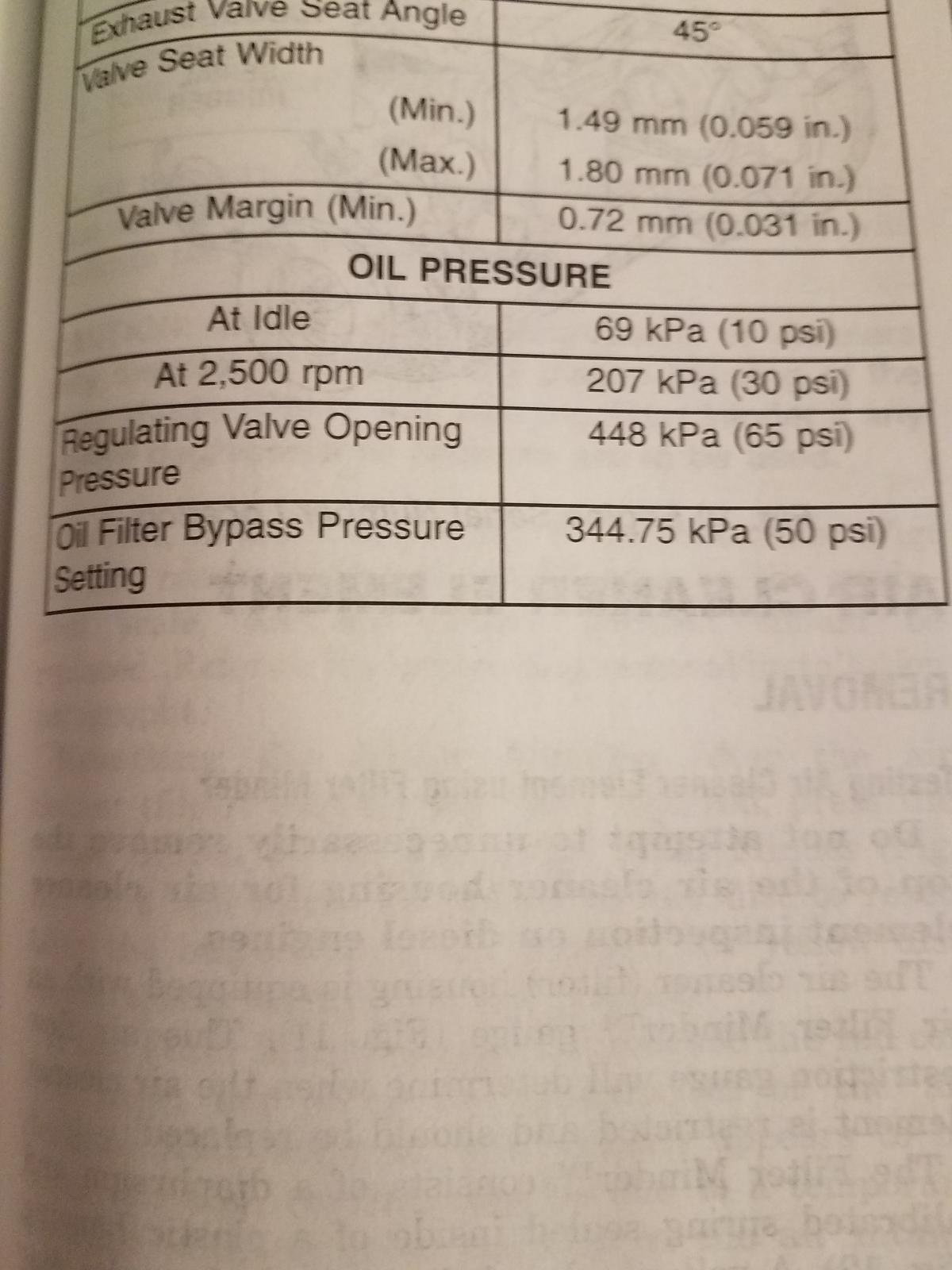
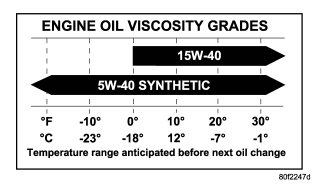
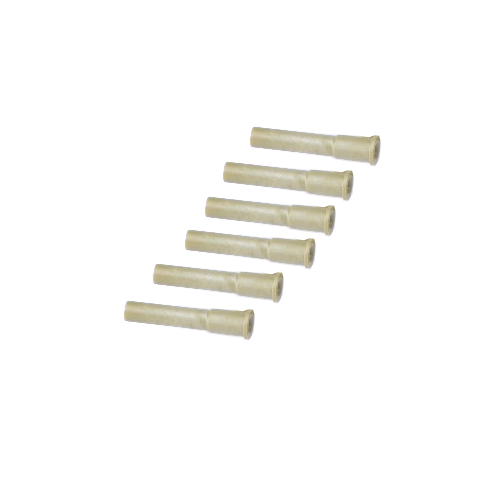
Well seasoned school bus mechanic tells me when they get somebody new changing oil it's only about 2 weeks till they stop filling up new filter with oil before threading on new filter without prefilling. Interesting part to me was no failures that he knows of. I fill mine but wondering if really necessary. Other than manual says so.
Do you prefill?